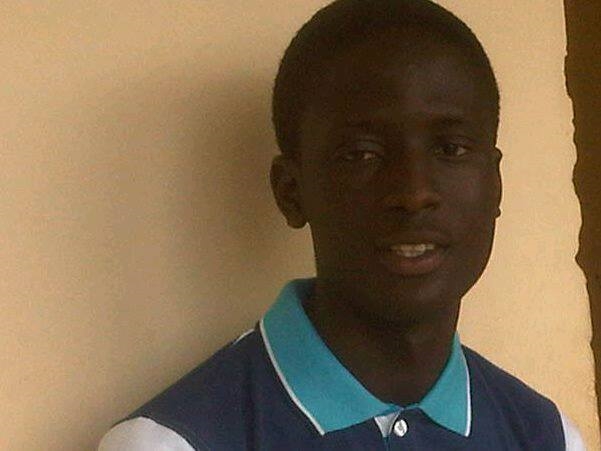Reuters photo
By
Ogunniyi Abayomi
From a disagreement between the idealist and realist over the struggle of authority, the First World War erupted, likewise the Second World War, followed by the Cold War between America and the now defunct Soviet Union, fighting together against the super power of Europe as allies in spite of the hostile relationship between both states.
Joseph Stalin became a major concern for America as Hitler was to European states and the world at large, yet the Soviet communist was angry over the treatment of the U.S.S.R by America hereby excluding them from the international community, a decision that restrained them from participating in the Second World War evoking a high rate of death and casualties among Russians.
Provocation extended to the Asian continent in the war against the objective of the idealist whose aim was to eradicate war in the human and international system with an assertion that goes; “bad human behavior is the product of evil institution and structural arrangement that creates an incentive for people to act selfishly and harm others, including making war, therefore war is not inevitable and can be eliminated by avoiding institutions that revolt it.’’
The reaction of realists against this ideology became a major factor and as a result an era of superpowers was imposed after the Second World War, along with the development of nuclear weapons encouraging states to measure territorial strength by the amount of weapons in their military archive. This imposition led to various thoughts of war which the Kellogg-Briand Pact described as an instrument of national policy to acquaint power, described by Hans Morgenthau as man’s control over the mind and action of another man hereby there are struggles by states in the international system.
These struggles for authority have gone beyond Europe and America, the possession of nuclear weapons having generated conflict and chaos between states across the international community.
Among the numerous dictators that have sprouted from various states none had ever been as threatening as Hitler, that is until the emergence of Kim Jong-un, the supreme leader of the Democratic People’s Republic of Korea, whose administration has of late irritated South Korea and China over the threat of nuclear attack from his Cabinet.
As Fidel Castro was replaced by Raul Castro to lead the Cuban masses, Kim Jong-un took over after the death of his father Kim Jong-il, becoming the youngest ever to rule, yet proving himself as a dictator when he oversaw a nuclear hydrogen bomb test, likewise executing his uncle Jang Song-thaek.
North Korea had been a major source of controversy globally with regard to the nuclear missile launched on April 30, 2017 to commemorate a military drill, Vladimir Putin claiming it was heading towards war between Russia and North Korea.
Their warning to the United State not to engage initiated reactions from different parts of the world in spite of the Syria crisis within the sphere of power struggling for supreme authority, the United Nation’s move to avoid the antecedent of a third World War with North Korea not relenting on the launching of further missiles for global supremacy.
This notion has created the scenario of World War 3 in civilized society, therefore the question of whether or not it will materalise is only a matter of time and fate as crisis looms.



No Comments Yet!
You can be first to comment this post!